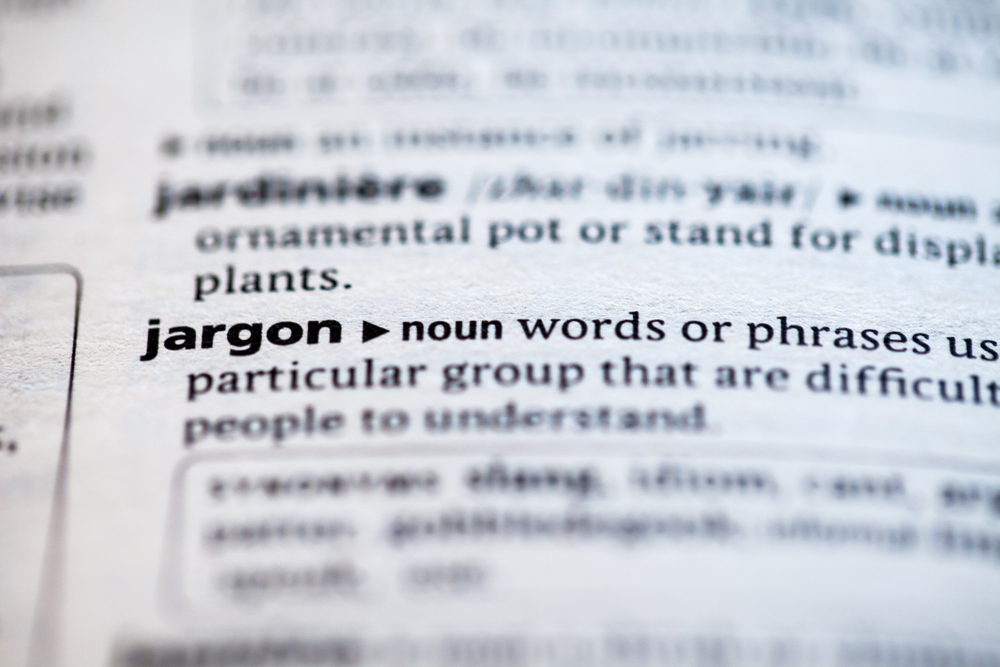Getting a Hard Money Loan with a Bad Credit Standing
One of the questions people often ask about hard money lending is whether or not it is possible to get such a loan if the applicant has bad credit. Credit standing certainly does play a role in determining whether or not someone can be approved for such a loan, but it is certainly not the only thing, nor is it the thing that matters most to lenders. Instead, a hard money loan is a type of investment, and the providers of these loans are interested in various other issues first.
Traditional Lenders Continue to Fail the Market
Almost all real estate transactions are funded by traditional lenders. Those will always need a down payment, usually of around 20%.
The amount of minimum down payment required will depend on the type of loan that you choose. Each mortgage loan type carries its own guidelines. Gone are the days of 80 / 20 combo loans and liar loans, also known as stated income loans. Today, underwriters closely scrutinize a borrower’s ability to repay the loan. They don’t want borrowers to overextend themselves and end up in foreclosure or a short sale down the road.
That being said, there are numerous other loan constructions out there. VA mortgages, for instance, are available for veterans and no deposit is required at all. However, if an investor wants to purchase a property and get a mortgage for this, they will face three significant problems first:
- A traditional lender looks solely at how much a property is being sold for, which is often not its actual value.
- A traditional lender will not agree to provide a mortgage for properties that are in disrepair, as they would need to invest in improvements should they decide to liquidate the property.
- A traditional lender places the focus on the credit score of the applicant. This means that if someone has perfect credit, and happens to come across an undervalued property that is also in perfect condition, he or she will be able to flip it with ease. In reality, however, finding that applicant and that property is like finding a needle in a haystack.
The housing bubble collapse of 2008 clearly still has repercussions.
Investors and consumers are likely to live with the repercussions of the financial crisis for years to come. In many countries, including the U.S., consumers remain heavily leveraged and many homeowners are “underwater,” owing more than their homes are worth. As consumers continue to deleverage and repair their finances, their purchasing patterns may be permanently altered.
Acceptance Criteria for Hard Money Loans
Hard money lenders are completely different from traditional lenders. They have their own criteria that will determine whether or not they agree to underwrite a loan. One of those criteria is the credit score, but that is certainly not the only one, nor is it the deciding factor. Rather, hard money lenders are interested in things such as:
- How much a property will be worth after it has been repaired.
- Whether the applicant already has experience in investing in real estate.
- Whether the applicant is happy to invest money into the property as well.
Naturally, someone with good credit will be more likely to be accepted for a hard money loan. However, someone with bad credit is not automatically dismissed as a possibility either. For a hard money lender, what matters is the bigger picture, and not a singular metric image, which is what traditional lenders tend to look for.
Tips for Getting Approved for a Hard Money Loan If You Have Bad Credit
If you have bad credit, it is important that you think of ways to increase your chances of being approved for your hard money loans. There are three key things that you should focus on:
1. Make sure you have been fully thorough in your due diligence. The greatest priority for the hard money lenders, is that there is an investment opportunity. You are their investment, so you need to make sure that you have a proposition that sells yourself. This means performing due diligence right from the start.
The due diligence period in a real estate means embarking on the necessary steps to perform calculations, review documents, research the company and essentially do your homework for the investment BEFORE you actually make the commitment.
You need to be able to show, in your proposition, that you have covered every angle. This also means being able to explain each element to the lender.
2. Make sure that you can explain why you have bad credit. Credit history is important to a certain degree, but lenders are far more understanding of the fact that things can go wrong in your personal finances. If there are any extenuating circumstances that caused you to have these problems, and you can explain that there is no reason for those problems to return, then it is likely that the lender will be very lenient and understanding.
3. Make sure that you give the lender peace of mind. Hard money lenders are private investors so you need to approach them in that manner, showing them that you are serious. Contribute as much money as you possible can yourself, have an excellent exit strategy in place, demonstrate your ability to make the necessary monthly payments and the final payment, and so on.
Regardless of your credit score, the above three steps should help you to have a greater chance at getting approved for a hard money loan. What these lenders want to see is that their money will be returned to them, with interest. That means having a solid, well-researched proposition in place.
As you can see, it is possible to receive a hard money loan even if you have bad credit. This does not mean that your credit score doesn’t matter, but rather that it doesn’t matter as much as what it does to a traditional lender. You are far more likely to be able to receive a hard money loan if you have a solid investment proposition in place that is viable and likely to succeed, regardless of your credit history.
.center_container #informationFacilitiesContainer h1 { color: !important; }.tms-card-container h2, #categoryFacilitiesContainer h2 { color: !important; }.tms-button { background-color: !important; }.center_container #categoryFacilitiesContainer #categoryCardContainer .col .card-title { color: !important; }.pagination-container .pagination li a { color: !important; }.center_container #browsingFacilitiesContainer h1 { color: !important; }.center_container .tms-card-container #facilityCardContainer .card-title { color: !important; }browsingFacilitiesContainer html a { color: !important; }.qa-decor-border-red { border-bottom: 3px solid !important; }
















